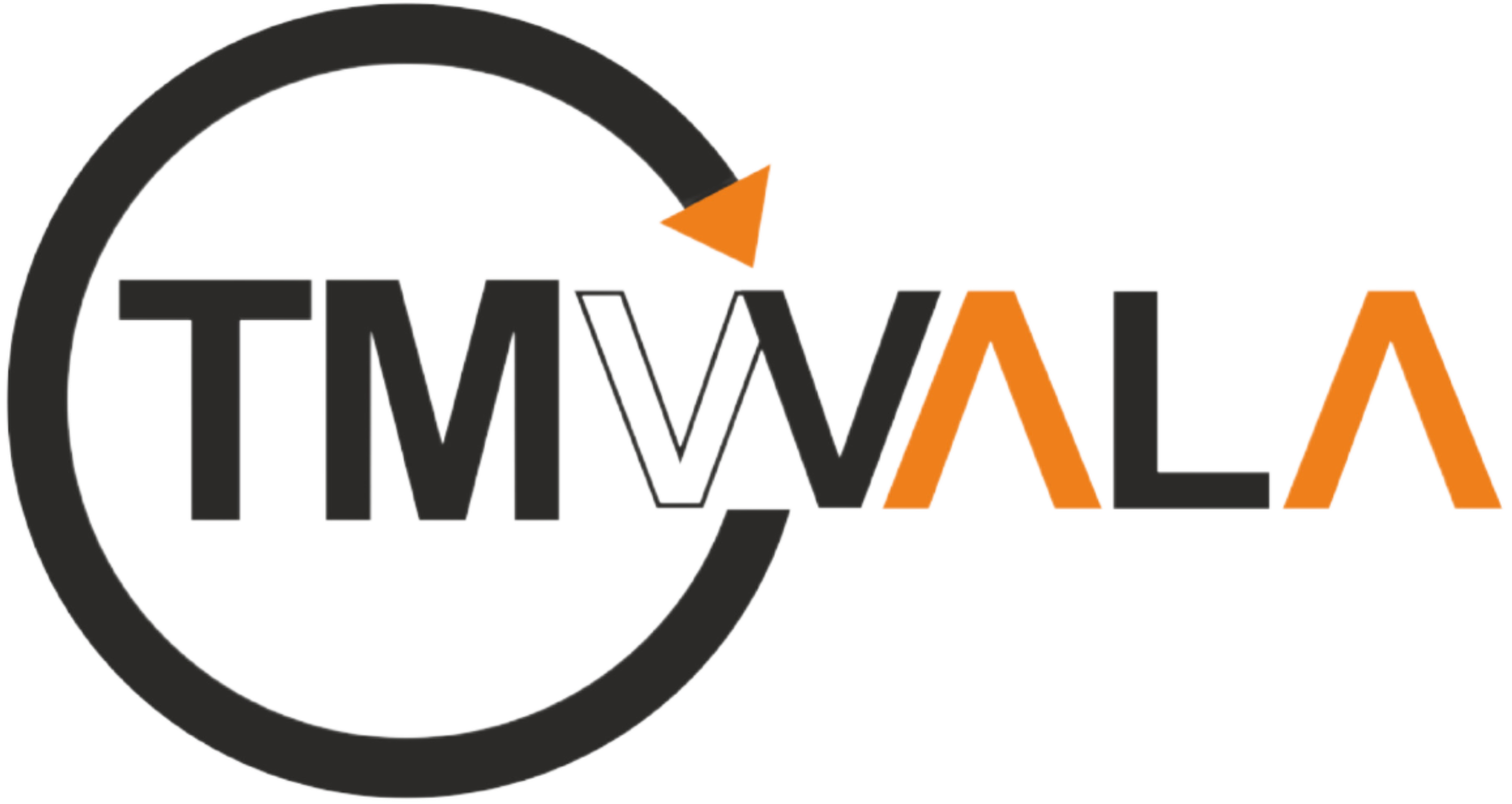In the intricate world of finance and business, ensuring the accuracy and integrity of financial records is paramount. Auditing, a practice rooted in ancient traditions of verification, has evolved into a critical process that safeguards transparency and accountability in today’s complex financial landscape. Whether you’re a business owner, investor, or regulatory body, understanding the essence of auditing can illuminate how it fosters trust, prevents fraud, and enhances operational efficiency. This comprehensive examination delves into the fundamental aspects of auditing, exploring its purpose, process, and the pivotal role it plays in maintaining the financial health of organizations.
Understanding Auditing: Purpose and Importance
Auditing is a formal examination process of the financial records of an entity to ensure accuracy, compliance, and fairness. Auditing, which has its roots in the Latin term “Audire”, which means “to hear,” started out as a process of listening to testimonies in order to confirm their authenticity. In modern times, its main emphasis is on verifying written financial records and statements.
An audit can be conducted by an outside party, such as a Certified Public Accountant (CPA), or by an internal team within the company. The primary objective of auditing is to provide a reasonable assurance that financial reports are accurate and follow the relevant standards. By doing this, regulatory compliance and stakeholder confidence are preserved.
Verifying financial statements, accounting records, management reports, and operational details are common tasks for audits. The procedure further uncovers inefficiencies and possible areas where the company can make improvements.
How It Operates
Audits are crucial in corporate finance to confirm the accuracy of financial records, regardless of if they belong to private or public enterprises. Regulatory agencies such as the Securities and Exchange Commission (SEC) mandate independent audits of publicly traded companies in order to verify the reliability and accuracy of their annual financial reports.
Despite not being required by law to perform audits, private companies frequently do so in order to gain the confidence of banks, investors, and other stakeholders on their financial situation. The income statement, cash flow statement, and balance sheet are just a few of the financial statements that are carefully reviewed during an audit.
The audit process provides a detailed overview of a company’s financial activities throughout the fiscal year, offering transparency to stakeholders and regulatory bodies. Depending on the company’s size and complexity, the audit can last from a few months to an entire year. Upon completion, the auditor delivers a professional opinion on the accuracy of the company’s financial reporting.
Types of Auditing
Auditing encompasses various types, each serving distinct purposes and focusing on different aspects of financial and operational integrity:
- Internal Audit
This type is conducted by an organization’s own employees to assess the effectiveness of internal processes, financial information accuracy, and regulatory compliance. It serves as an initial check to ensure that internal controls, security measures, and IT systems align with the organization’s goals and legal requirements.
- External Audit
Performed by independent third parties such as external auditors or regulatory bodies, this audit evaluates the organization’s financial records against Generally Accepted Auditing Standards (GAAS). External audits are typically required to ensure transparency and regulatory compliance, providing stakeholders and investors with confidence in the accuracy of financial statements.
- Performance Audit
This audit focuses on evaluating the efficiency and effectiveness of an organization’s operations. It reviews internal controls, business processes, and program outcomes to measure productivity and operational success relative to organizational objectives.
- Financial Audit
It is commonly conducted by external auditors, and examines the accuracy and fairness of financial statements. These audits are essential for investors and stakeholders to verify that the business is generating profit and managing resources effectively.
- Operational Audit
This type of internal audit evaluates the efficiency and effectiveness of an organization’s operations. It assesses resource utilization, including cash handling, procurement processes, inventory management, and manpower services, with the goal of enhancing overall organizational performance.
- Compliance Audit
Conducted to ensure adherence to internal policies and external regulations, compliance audits are common in regulated industries and educational institutions. They review whether business practices meet legal and regulatory standards.
- Statutory Audit
A mandatory type of external audit, statutory audits verify compliance with government regulations and policies. They play a crucial role in ensuring regulatory adherence and enhancing trust among stakeholders.
- Tax Audit
This audit is carried out by tax authorities to verify the accuracy of tax returns filed by a business. It examines discrepancies in tax liabilities to ensure proper payment and compliance with tax regulations. These are also known as IRS Tax audits and are generally conducted randomly by the auditors and are done via in-person interviews or mail.
- Information System Audit
Focused on the reliability and security of IT systems, this audit ensures that systems deliver accurate information and that confidential data is protected from unauthorized access.
- Environmental and Social Audit
This type of audit assesses the impact of an organization’s activities on the environment and society. It aims to ensure that business operations do not adversely affect environmental sustainability and social responsibility.
- Forensic Audit
These audits are conducted to investigate financial records for signs of illegal activities such as fraud or theft, forensic audits uncover discrepancies and provide evidence for legal disputes. These types of audits are crucial for resolving conflicts and ensuring financial integrity.
Benefits of Auditing
- It enhances accuracy and reliability of financial statements by identifying and correcting errors.
- Auditing increases transparency, building trust among stakeholders through independent verification.
- It detects and prevents fraud by uncovering irregularities within financial records.
- Audits ensure regulatory compliance, helping avoid legal penalties and maintaining reputation.
- It improves financial management by revealing inefficiencies and areas for optimization.
Conclusion
In the realm of business and finance, auditing stands as a cornerstone of integrity and accountability. Through its meticulous examination of financial records and operational processes, auditing not only enhances the accuracy and reliability of financial statements but also fosters transparency and trust among stakeholders. By uncovering potential fraud, ensuring regulatory compliance, and identifying areas for improvement, auditing plays a pivotal role in safeguarding assets and supporting sound financial management. As organizations navigate an increasingly complex financial landscape, the insights and assurances provided by audits are invaluable. Embracing auditing practices not only fortifies an organization’s financial health but also reinforces its commitment to ethical conduct and operational excellence.
Frequently Asked Questions (FAQs)
- What is an audit?
An audit is a formal examination of financial records and processes to ensure accuracy, compliance with regulations, and effectiveness of internal controls.
- Why is auditing important for businesses?
Auditing enhances the accuracy and reliability of financial statements, builds trust with stakeholders, detects and prevents fraud, ensures regulatory compliance, and improves overall financial management.
- What are the different types of audits?
Common types of audits include internal audits, external audits, financial audits, operational audits, compliance audits, performance audits, tax audits, information system audits, environmental and social audits, and forensic audits.
- Who performs an audit?
Audits can be performed by internal auditors (employees of the organization) or external auditors (independent third parties such as certified public accountants, tax authorities, or regulatory agencies).
- How often should audits be conducted?
The frequency of audits varies based on the type and requirements. Financial audits are typically conducted annually, while internal and operational audits may occur more frequently, depending on the organization’s needs and regulatory requirements.
- What is the difference between an internal and an external audit?
An internal audit is conducted by employees within the organization to assess internal processes and compliance. An external audit is performed by independent third parties to provide an unbiased evaluation of financial statements and ensure adherence to external regulations.
- What are Generally Accepted Auditing Standards (GAAS)?
GAAS are a set of professional standards used by auditors to ensure the quality and consistency of audits. They guide auditors in performing their work and reporting their findings.
- What is a financial audit?
A financial audit examines an organization’s financial statements to verify their accuracy and fairness. It is often required for compliance purposes and to provide assurance to investors and stakeholders.
- What is a compliance audit?
A compliance audit evaluates whether an organization adheres to internal policies, industry standards, and regulatory requirements. It ensures that business practices meet legal and regulatory expectations.
- How does an audit help in fraud detection?
Audits help in fraud detection by thoroughly examining financial records and transactions, identifying inconsistencies, and uncovering irregularities. This process can reveal fraudulent activities and prevent future incidents.














